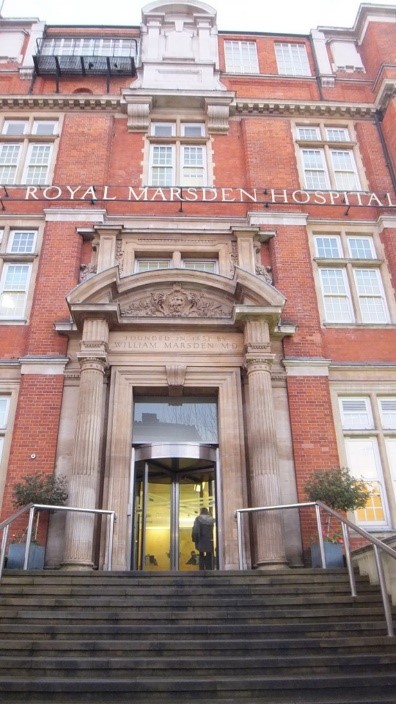Displaying present location in the site.
ICT Global Trend Part7-10
Information Sharing in End-of-Life care and improvement of QOD (2/2)
This article is written by Mrs. Kazuko YUMA, Chief Fellow, Institute for International Socio-Economic Studies(NEC Group)
We are now getting in a super-aged death-ridden society due to the progress of ageing and it is getting more and more important that we firstly consider deep and carefully how to take death and the results of such thought and will should be properly communicated in advance and shared among the family members and medical and nursing care staff. There is a big problem, however, that in most cases how to share the information is still depends on the records on paper.
Even if we prepare in advance our thought and will properly recorded and stored on paper as ACP and Living Will concerning such issues as what kind of End-of-Life care should be desired , whether life-prolonging treatment Is required, who should represent us when we have lost our ability to make our own decision and how the funeral should be organized, our thought and will might not be communicated properly with ambulance crew in case when we suddenly collapse at home. Even if our thought and will has been communicated with home doctor, they might not be understood and acknowledged by doctors and staff at emergency hospital. Even if children living separately at remote place have heard that their parents have prepared ACP and Living Will, they may not know what the content could be and where the document is kept. There are eventually high risk and probability that our thought and will recorded even in writing could not be shared properly among persons concerned.
UK is the nation challenging with this issue. In UK the Government formulated in 2008 the national strategy concerning End-of-Life care with the aim that people can take death as so wished. They also established new performance evaluation indicator for “NHS” (National Health Service) whether or not NHS contributes that a patient take death as so wished. With this new arrangement the introduction of End-of-Life care has been widely progressed and acknowledged.
It is however still difficult that a patient is taking death as so wished in the End-of-Life care involving many concerned parties. In order to solve this difficulty NHS England introduced EPaCCS (Electronic Palliative Care Coordination Systems) to share digitalized information. In its guideline there are items and information to be specifically shared, and with the consent of patient the specialists and organizations involved can get access to and share the information if needed.
In the London region CMC (Coordinate My Care) was organized in 2010 by Professor Julia Riley who specialized in the End-of-Life care in the Royal Marsden Hospital. CMC is formed in accordance with EPaCCS and is integrated and coordinated medical care information system which make it possible that the information is shared and communicated not only for End-of-Life care, but also for ambulance service, NHS111, GP’s overtime service and others. EPaCCS comformed systems have been built in other regions, but CMC is a very advanced mechanism.
Information registered in the CMC is shared with business systems such as GP, hospitals, and ambulance services. The API interface allows you to access CMC information with single sign-on. Not only the patient being treated, but also healthy citizens can register their wishes with the CMC. With the “My CMC” feature, you can control access to information on the CMC and share it with your family. As of October 2018 some 60 thousands registration have been recorded.
QOD (Quality of Death) can be enhanced by digitally recording and sharing the thought and will of the patient for End-of-Life care. In Japan from 2020 it is planned that new health care ICT system is launched but it is desirable that the system design is made with suitable views and points as above explained.
